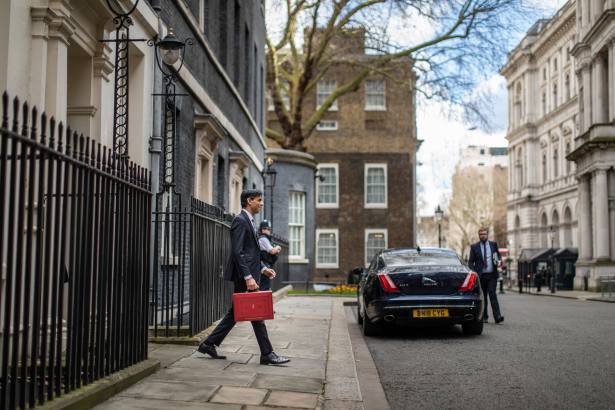He said that even without the Coronavirus outbreak, the expectation of the Office for Budget Responsibility (OBR) had been that UK GDP growth this year would be 1.1 per cent, instead of its previous 1.4 per cent, an estimate Mr Page said he found “optimistic”.
He added: “We fully expect a weaker growth outlook this year. Depending on the scale of shock this year, this could also see growth weaker next year.
"We also forecast growth to be slower than the OBR’s longer-term outlook, sharing the BoE’s more cautious outlook for productivity growth in the wake of several years of weak investment spending. A weaker growth outlook will likely weigh on the public finances relative to the forecasts for borrowing and spending in the budget.”
Anthony Willis, investment manager at BMO, said the likelihood is that the UK will enter recession in the coming months as a result of the Coronavirus, with the result that more spending is likely to be needed when the chancellor does his second budget of the year in November.
Mr Willis said the dramatic collapse in the oil price in recent weeks is part of a long-term trend, and this is likely to mean inflation globally remains very low.
Lower inflation makes it easier for governments to borrow, as the income paid on the debt has greater purchasing power, while the extra demand generated in the economy, while inflationary, wouldn’t push inflation to dangerous levels.
Recession fears
On the same day the chancellor unveiled his budget, the Bank of England cut the base rate to 0.25 per cent, from the previous 0.75 per cent. It has now been cut to a further 0.1 per cent.
This is designed to make it easier for banks to lend money into the economy, to stimulate demand for credit from businesses.
Keith Wade, chief economist at Schroders, says the risk is commercial banks may not want to lend at a time of such severe economic uncertainty, and in that situation, the interest rate cut would have no impact.
Mr Wade adds he expects many other countries and economic regions to follow the UK’s lead and increase government spending, but that ultimately, there may be nothing these measures can do to prevent a recession while the Coronavirus remains a threat.
The challenge faced by policy makers is that Coronavirus is both a demand shock and a supply shock to the economy.






